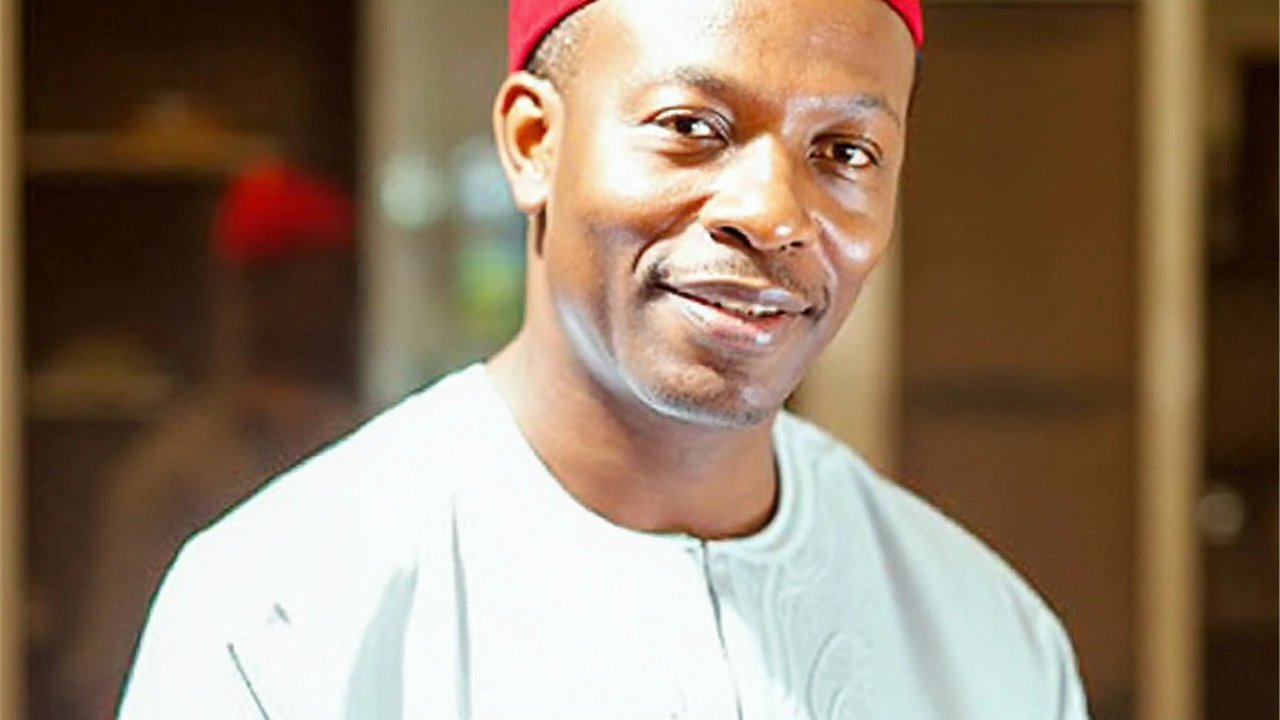June 12 Election: A Quick Guide for South Africans
June 12 is a big day for South Africa as voters head to the polls. Whether you're a first-time voter or a seasoned participant, knowing what’s happening can help you make informed choices. This election covers important political seats that affect how things will run in the country.
So, what’s special about this year’s vote? It’s not just another election; it’s a chance to shape policies on jobs, education, and the economy. Political parties are campaigning hard, promising change or continuity. But it’s up to the people to decide who gets to steer the country forward.
How to Prepare for June 12
To get ready, check your registration status early. Make sure you know where your voting station is—these can change between elections! Take your ID, don’t be late, and stay safe if you’re out on election day. Also, understand the candidates and their plans. It makes a difference when you vote with facts, not just feelings or hearsay.
What to Expect on Voting Day
When you get to the voting station, expect clear instructions on how to vote. The process is straightforward: you pick the party or candidate you support and submit your ballot. Results usually take a bit of time to finalize because they count all over the country, including remote areas. Keep an eye on trusted news platforms for updates—you can trust sites like South Africa Buzz News for timely and reliable information.
This election is more than just politics; it’s about your future and your community. Being prepared means you can cast your vote confidently, knowing you’ve contributed to shaping the country. So, remember June 12, get informed, and make your voice heard!

Babangida's Memoir Reopens Debate on June 12 Election's Annulment
Ibrahim Babangida’s latest memoir touches on the June 12, 1993 election, revealing MKO Abiola’s win but attributing its annulment to forces led by Sani Abacha. Skeptics question Babangida's claim of being oblivious, given his firm grip on Nigeria's military government. Both student groups and politicians have criticized his account, spotlighting ongoing debates over historical narratives and state accountability.